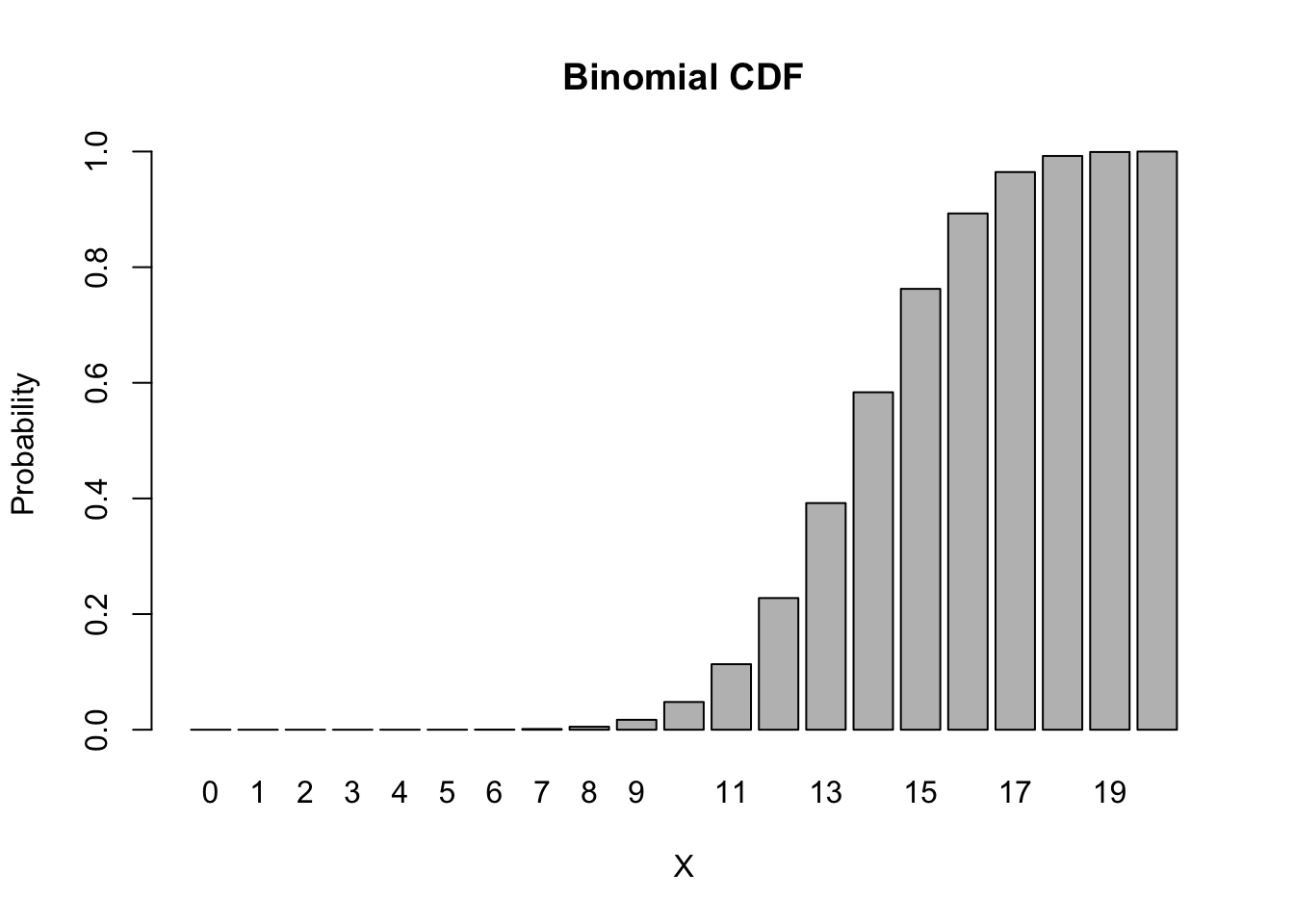

Mean of a random variable shows the location or the central tendency of the random variable. With the help of probability distribution, we can calculate the mean and the variance of a random variable. The sum of the probability distribution for all possible values of a random variable is always 1. The probability distribution is: P(X = x i) = p i for all x = x i and P(X = x i) = 0 for x ≠ x i.

The values of random variables along with the corresponding probabilities are the probability distribution of the random variable. For different values of the random variable, we can find its respective probability. Probability Distribution of a Random Variableįor any event of a random experiment, we can find its corresponding probability.

What are the other random variables you can think of? Browse more Topics under Probability We can define more than one random variable on the same sample space. This random variable can take up to the values from 2 to 12. Let the sum of the numbers on the faces of dice be any random variable. represent the value of the random variable.Ĭonsider a random experiment of throwing of two dice. The lowercase letters like x, y, z, m etc. A random variable is always denoted by capital letter like X, Y, M etc. Mathematically, a random variable is a real-valued function whose domain is a sample space S of a random experiment. A random variable can take up any real value. If the value of a variable depends upon the outcome of a random experiment it is a random variable. It may vary with different outcomes of an experiment. This particular CDF approaches one quickly at about four successes.A variable is something which can change its value. The tally for 2 or fewer success include the probability for exactly two success, 0.2936, thus is 0.7969. The value of 1 success is just a little above 50%, and it is the tally of 0.1678 + 0.3355 = 0.5033. It shows the probability of less than or equal to a specific number of successes. Or, there is a little less than 50% probability of having 2 or more successes. The probability of exactly 0 successes is 0.1678, and for exactly one success is 0.3355. Therefore in this case where we are interested in the probability of 2 or more successes, we can calculate the values for zero and one success, sum those and subtract from one. We can sometimes reduce the number of calculations by remembering the the sum of all the probabilities for each x always tallies to 1. Turns out to be just as tedious as first outlined. $$ \large\displaystyle P\left( x,n,p \right)=\sum\limits_$$
BINOMIAL CDF VS PDF PDF
It is just the sum of individual pdf calculations over the range of interest. It does describe the nature of the cumulative density function for the binomial distribution. And adding those provides us a probability of 2 or more success out of 8 trials. up to 8 (the example last week had eight trials). We could use the Binomial PDF formula to determine the probability of exactly two successes, then 3, then 4, etc. Well, what happens if you want to know the probability of 2 or more successes for example? Last week I posted about the Binomial probability density function, and it is useful when calculating the probability of exactly x successes out of n trials given p probability of success for each trial.
BINOMIAL CDF VS PDF ISO
Risk Management Using ISO 31000 Course Landing Page.14 Ways to Acquire Reliability Engineering Knowledge.Reliability Engineering Management DRAFT.Innovative Thinking in Reliability and Durability.Equipment Risk and Reliability in Downhole Applications.Musings on Reliability and Maintenance Topics.Metals Engineering and Product Reliability.Product Development and Process Improvement.Rooted in Reliability: The Plant Performance Podcast.


 0 kommentar(er)
0 kommentar(er)
